Deposing governments sans violence
Pakistan’s upcoming general election is an example of a slow-motion coup without the accompanying violence as the military deposes an inconvenient prime minister with a more pliable candidate
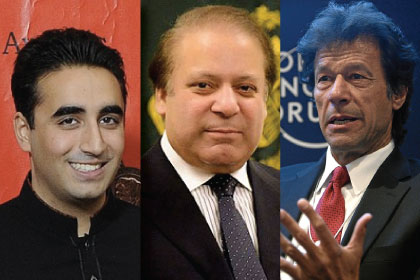 Courtesy: Gateway House
Courtesy: Gateway House
Pakistan’s upcoming general election is an example of a slow-motion coup without the accompanying violence as the military deposes an inconvenient prime minister with a more pliable candidate
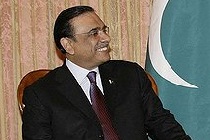 Courtesy: Kremlin
Courtesy: Kremlin
In the closing remarks of the online debate, titled ‘The civil-military equation in Pakistan,’ Daniel Markey concludes that the question for civilian leaders is not whether they can stave off military rule, but if they can find a way to put their country on a better path for the future.
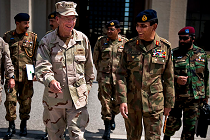 Courtesy: United States Navy
Courtesy: United States Navy
Gateway House’s Ambassador Neelam Deo, in a debate, titled ‘The civil-military equation in Pakistan has begun to tilt in favour of civilians,’ argues in her closing remarks that Pakistan will need sympathy and support as it confronts the complex choices that the democratisation process continually throws up.
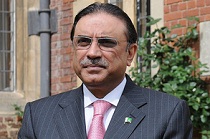 Courtesy: UK Prime Minister's Office
Courtesy: UK Prime Minister's Office
In the second round of the online debate, titled ‘The civil-military equation in Pakistan,’ Daniel Markey argues that although the power equation may not have titled completely in favour of the civilian government, today, the military’s influence in administrative affairs isn’t as strong as it previously was.
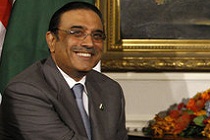 Courtesy: Eric Draper/WikimediaCommons
Courtesy: Eric Draper/WikimediaCommons
With Pakistan geared for a defining general election scheduled for May 11, Council on Foreign Relations' Daniel Markey, in a debate, titled ‘The civil-military equation in Pakistan has begun to tilt in favour of civilians,’ argues for the motion.
 Courtesy:
Courtesy:
Pakistan is unlikely to collapse anytime soon, but the imbalance of power between its civilian and military branches needs to be addressed if it is to become an effective modern state. Washington must stop coddling Pakistan’s military and instead work patiently to support the country’s civilian authorities.